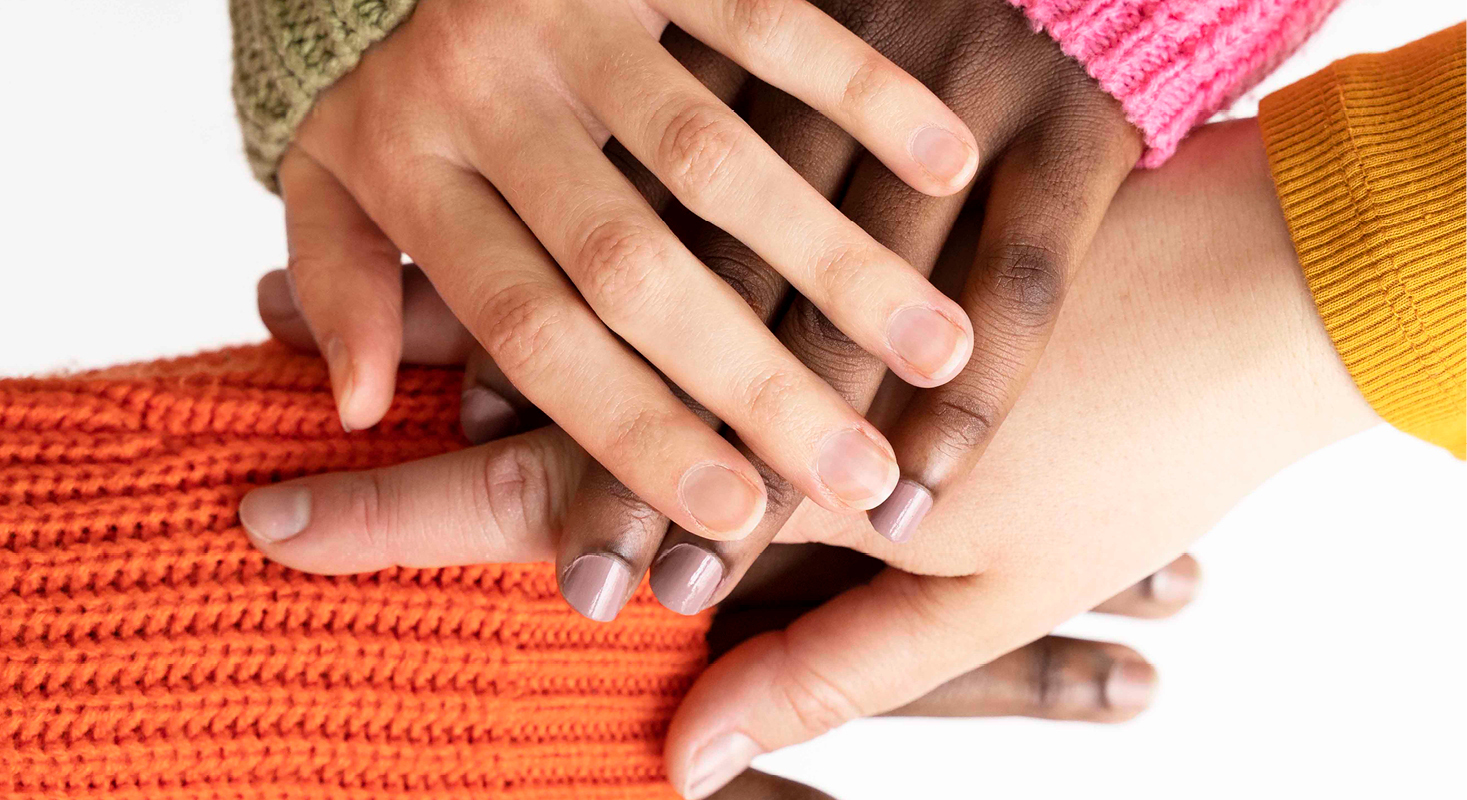The Benefits of Expressive Arts Therapy in Recovery
Expressive arts therapy, also known as expressive therapy, art therapy, creative arts therapy, or experiential therapy, is an integrative therapeutic approach that draws on expressive tools and activities (e.g., role-playing or acting, props, arts and crafts, music, guided imagery, etc.) to realize therapeutic goals and promote personal growth. Positive Psychology explains expressive arts therapy as a “multimodal holistic health intervention that mobilizes creative expression in the service of healing both mind and body.” Expressive arts therapy can be used to treat a variety of issues, including addiction. Addiction, also known as substance use disorder (SUD), is listed in the Diagnostic and Statistical Manual of Mental Disorders, Fifth Edition (DSM-5) as a chronic, relapsing brain disorder. The American Psychiatric Association explains addiction as a complex, neurological “condition in which there is uncontrolled use of substance despite harmful consequence.” Addiction does not develop overnight, nor should an individual expect his or her recovery from substance use disorder to occur instantaneously.
Expressive arts therapy has been found to be effective in addiction recovery for many individuals. While its efficacy may vary from person to person, there is a growing body of evidence and anecdotal support for the positive impact of expressive arts therapy in the context of substance use disorder treatment. One of its primary merits lies in providing a unique channel for emotional expression, offering individuals an alternative to verbal communication to convey intricate feelings related to their addiction experiences. Beyond this, expressive arts therapy facilitates self-exploration and insight, encouraging participants to delve into their thoughts and memories symbolically. This method often leads to heightened self-awareness, fostering a deeper understanding of the underlying issues contributing to addiction.
Moreover, expressive arts therapy contributes to stress reduction, a pivotal aspect of recovery, by providing a creative outlet for tension and anxiety. Engaging in artistic activities becomes a constructive coping mechanism, helping individuals build a robust repertoire of skills to manage the stressors that could otherwise trigger a relapse. Through the process of creative expression, participants not only discover novel ways of dealing with challenges but also experience a sense of empowerment, as they take control of their artistic endeavors, make choices, and witness tangible outcomes. The skills acquired through expressive arts therapy extend beyond immediate recovery, providing individuals with sustainable tools for ongoing self-discovery, stress management, and emotional well-being. This therapeutic approach complements conventional treatment methods, as it offers a holistic and creative pathway to healing that resonates with the unique needs of individuals on their recovery journey.
For Information and Support
Substance abuse and addiction can be incredibly dangerous and can result in severe short and long-term consequences. If you or someone you know is suffering from substance abuse or addiction, please get help as soon as possible. The earlier you seek support, the sooner you and your loved ones can return to leading happy, healthy, and fulfilling lives. There is no reason to go through this alone, and we are here to help. Please feel free to reach out to us for further information or with any questions regarding substance abuse or addiction. We are available anytime via telephone at: 213-389-9964, or you can always email us at: info@friendlyhousela.org



